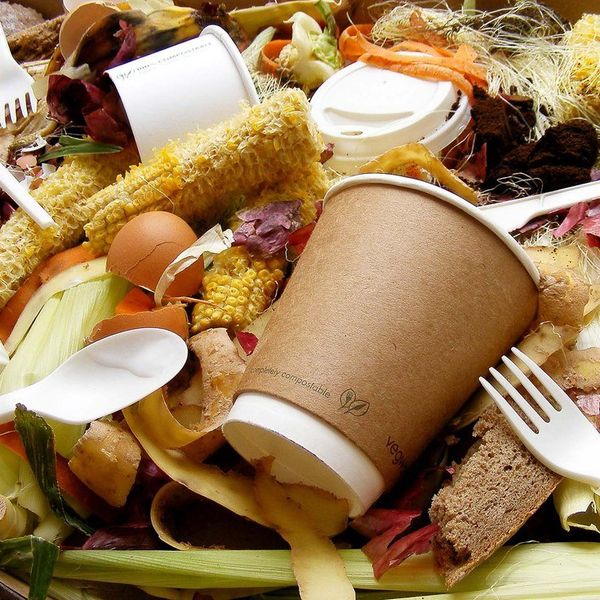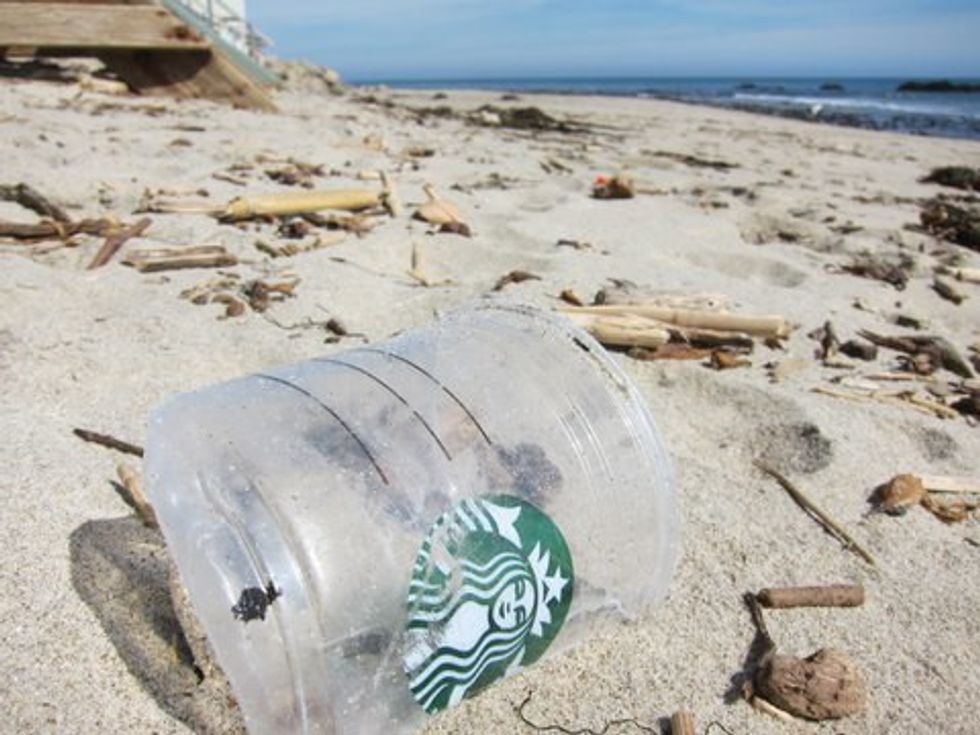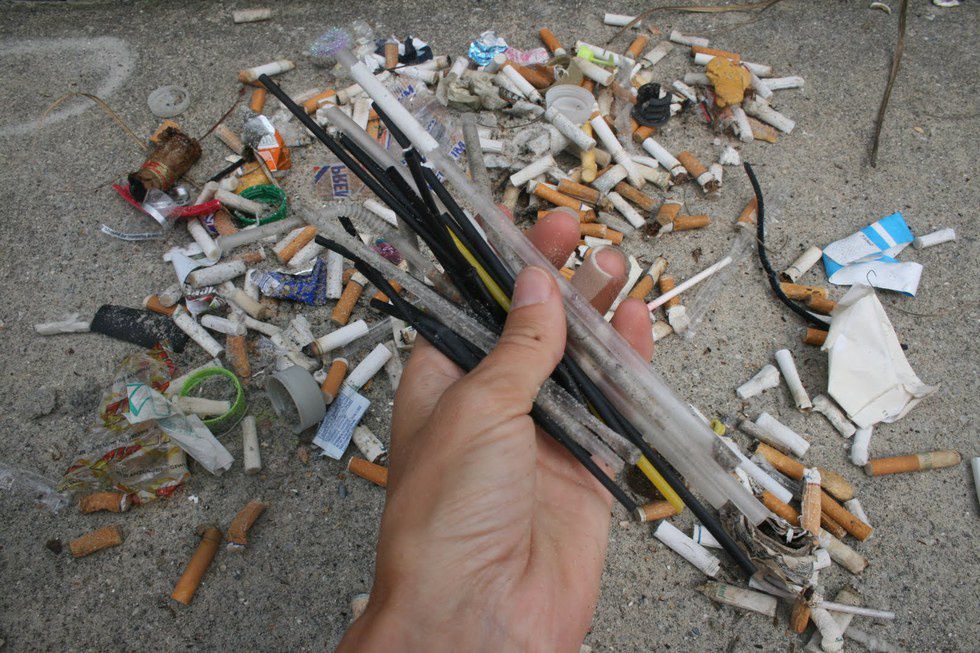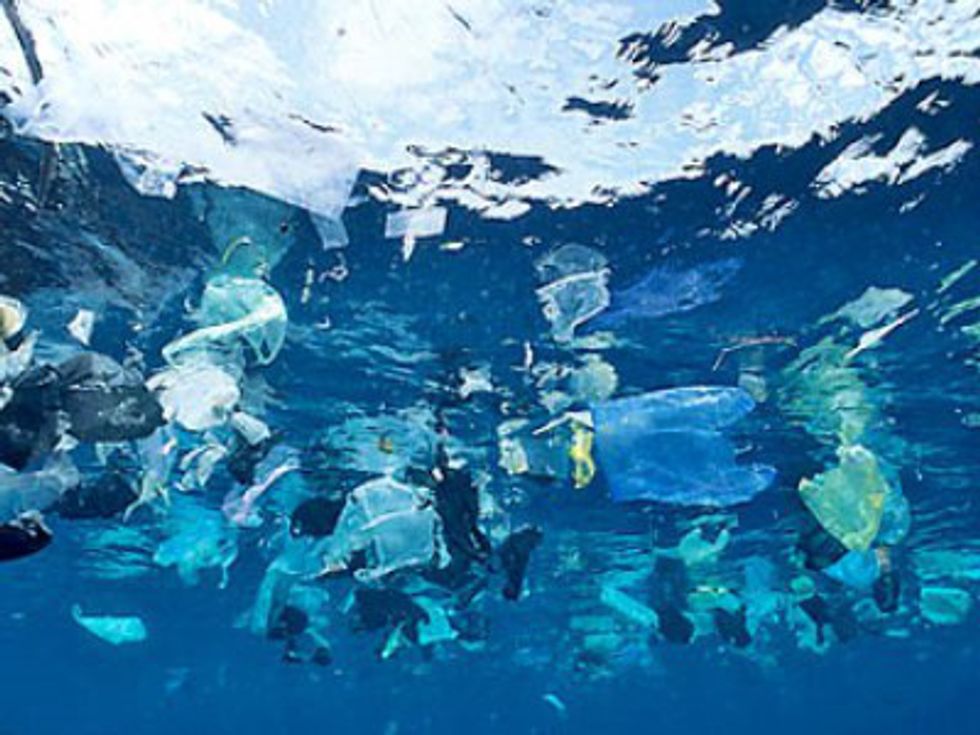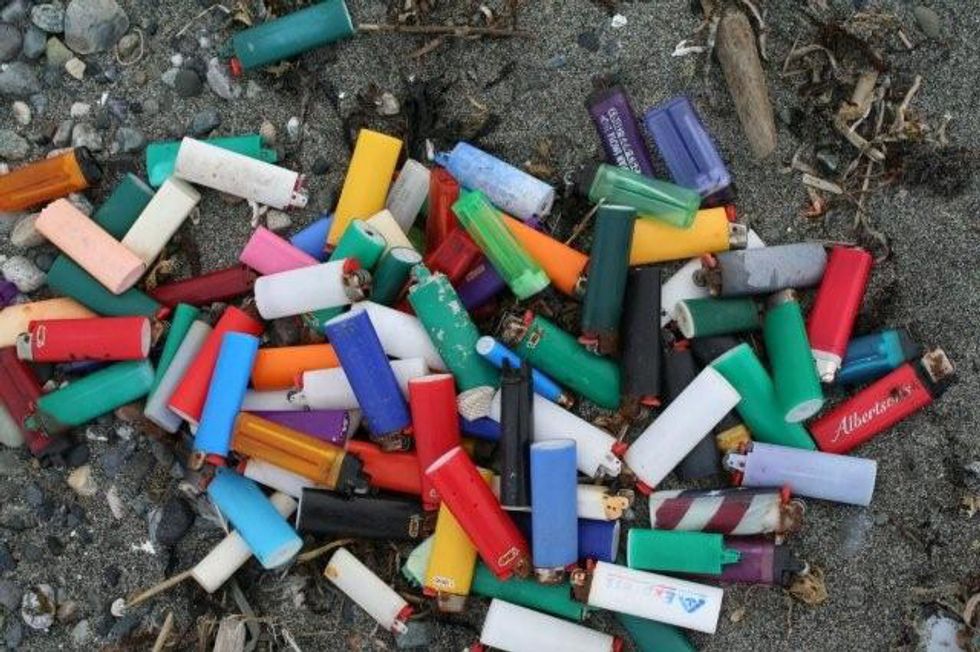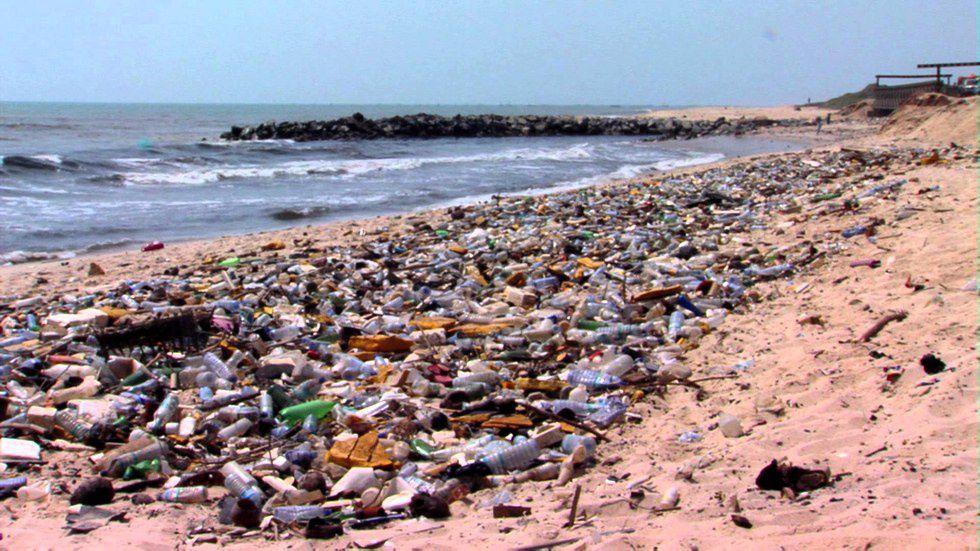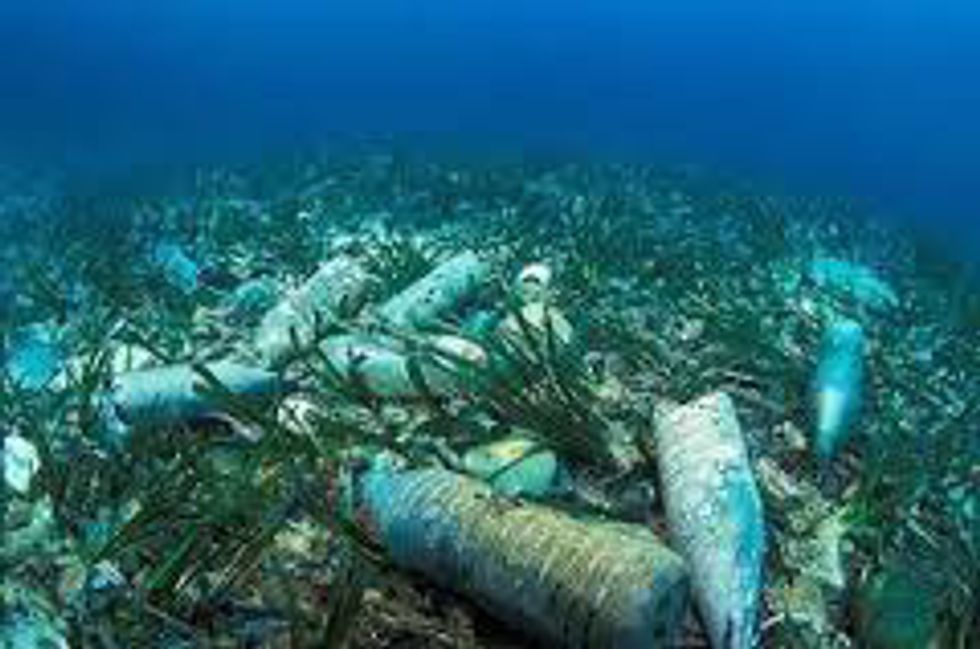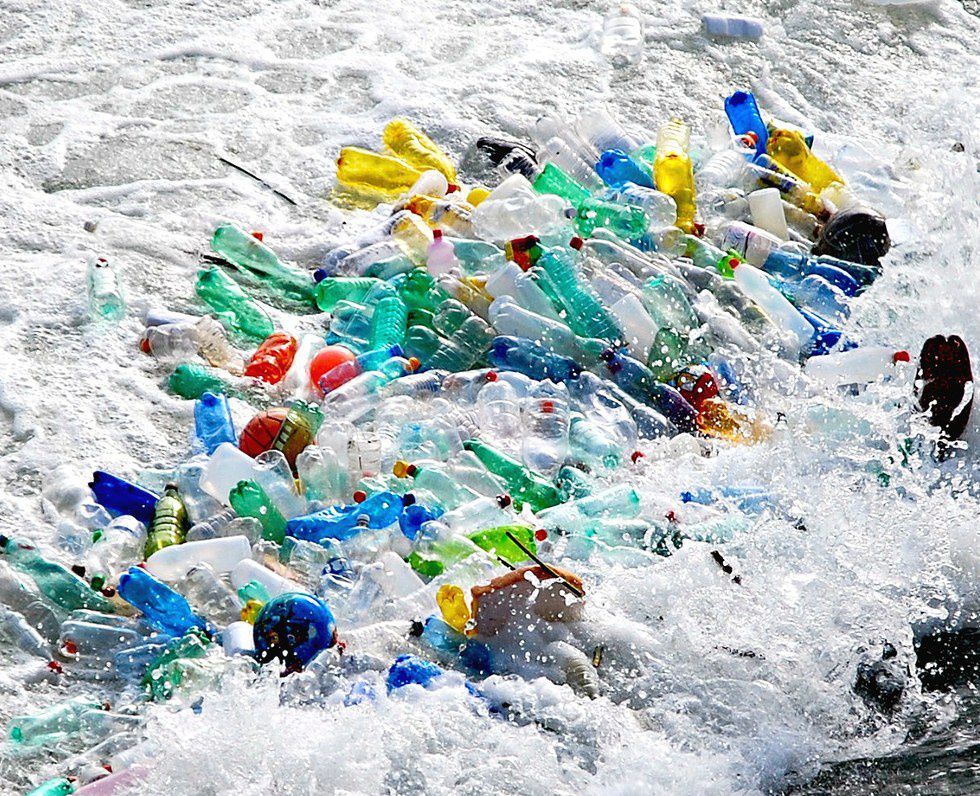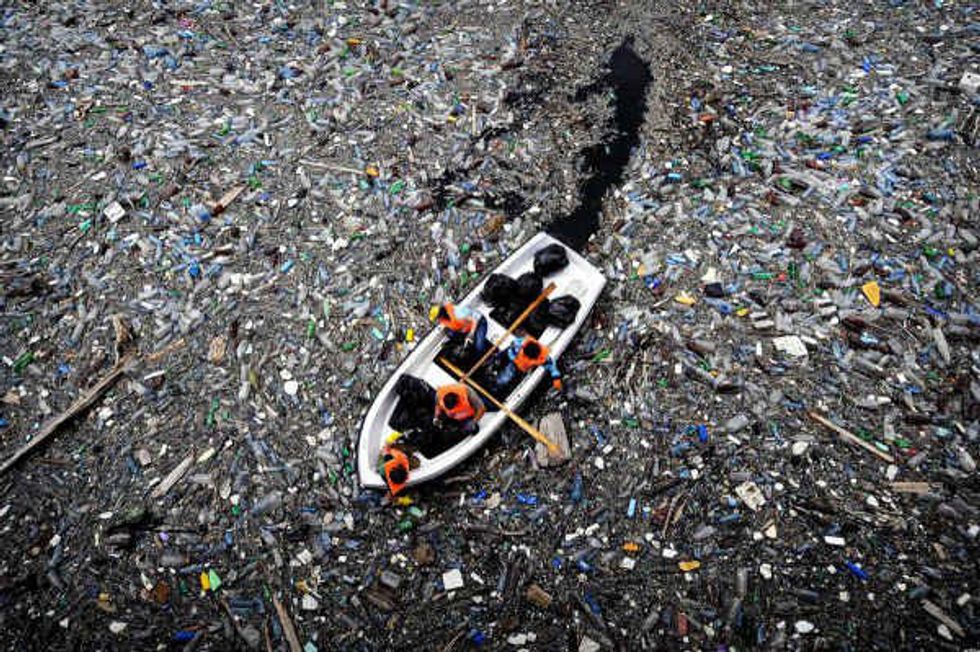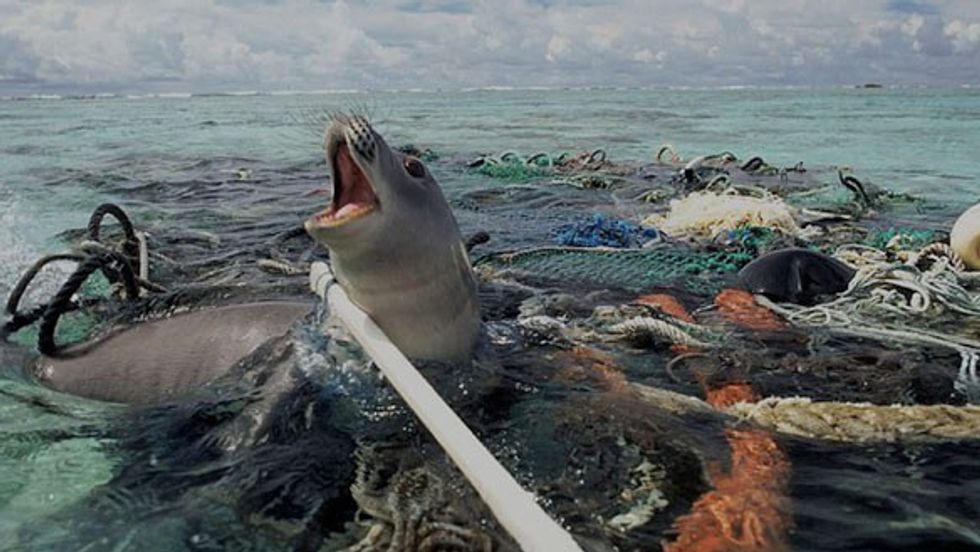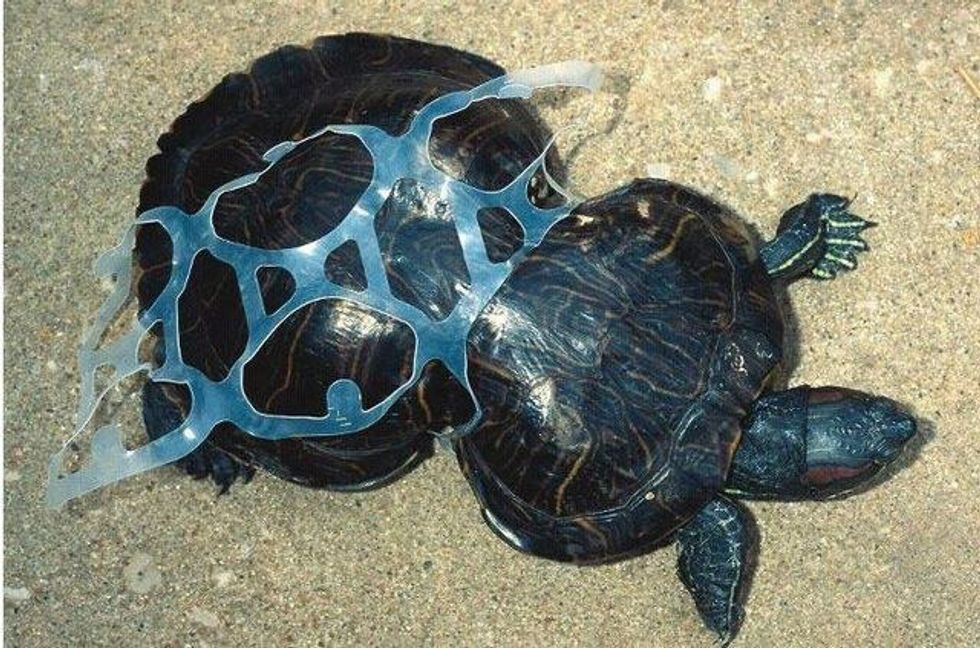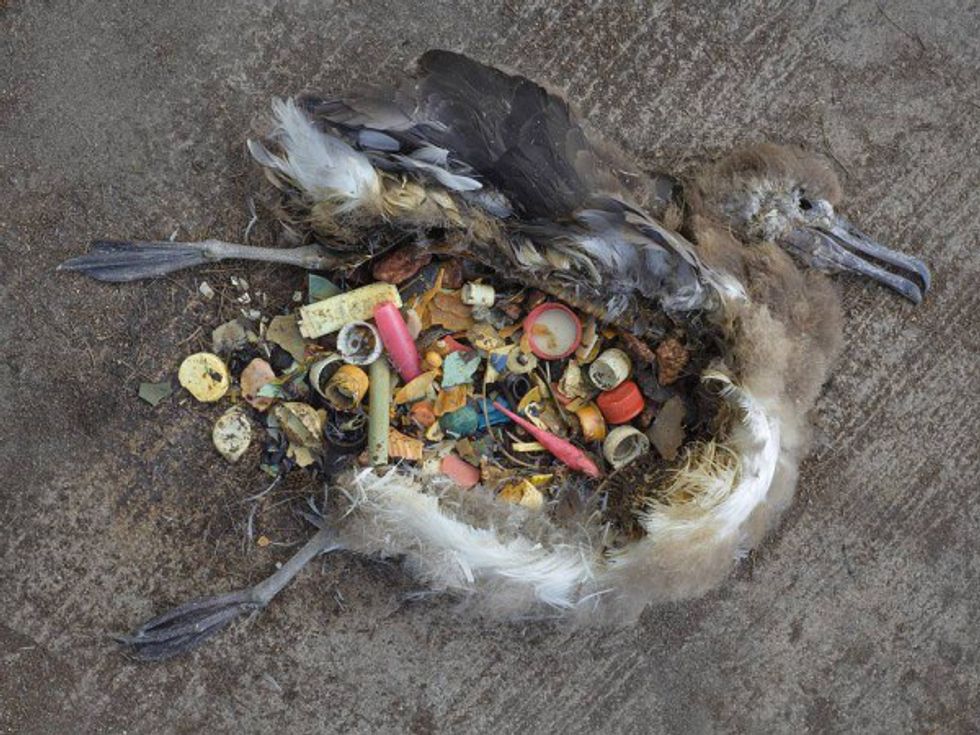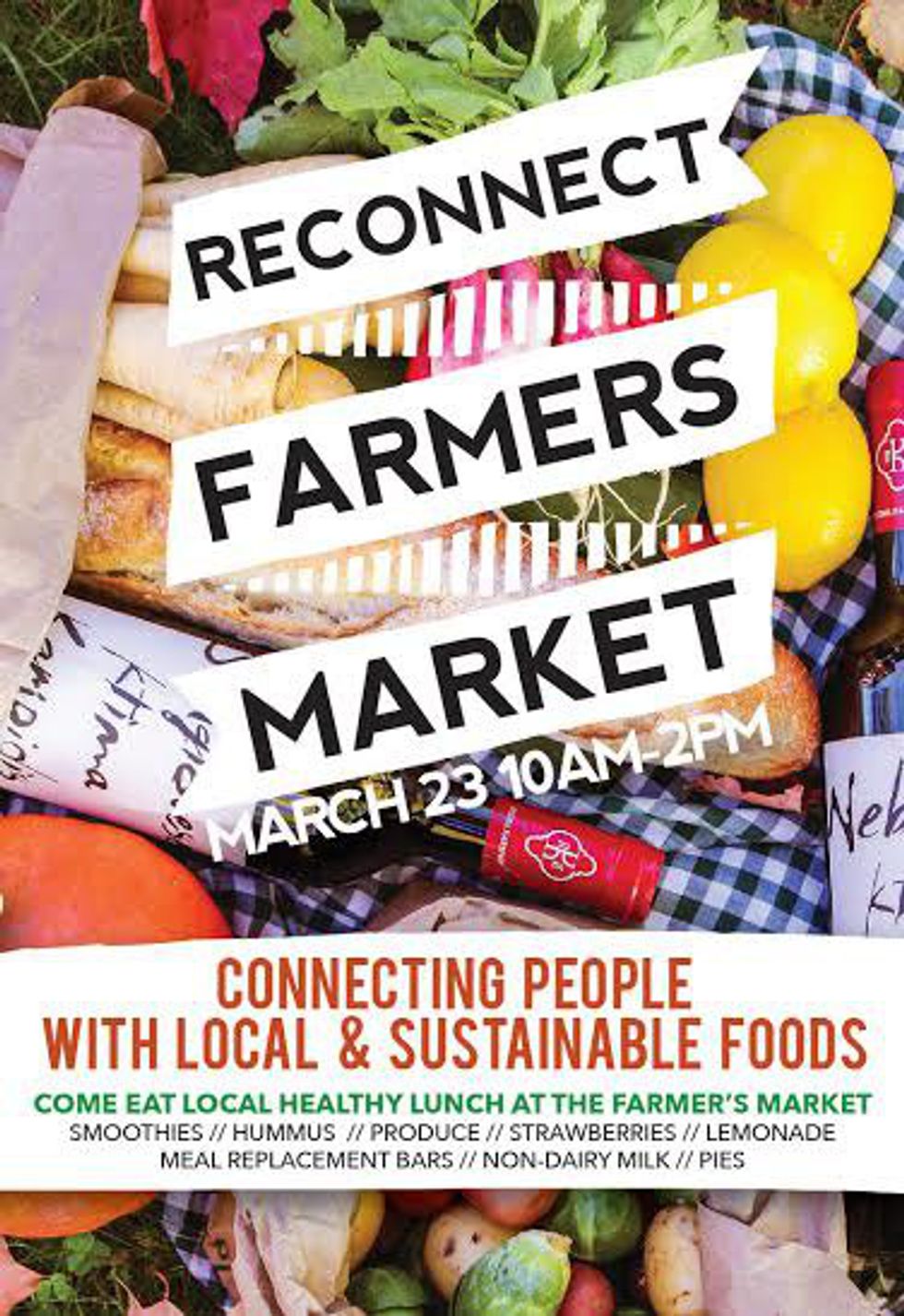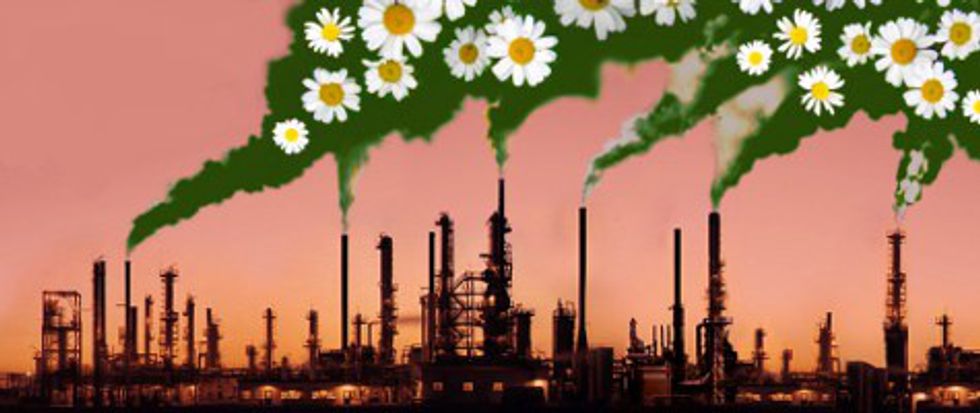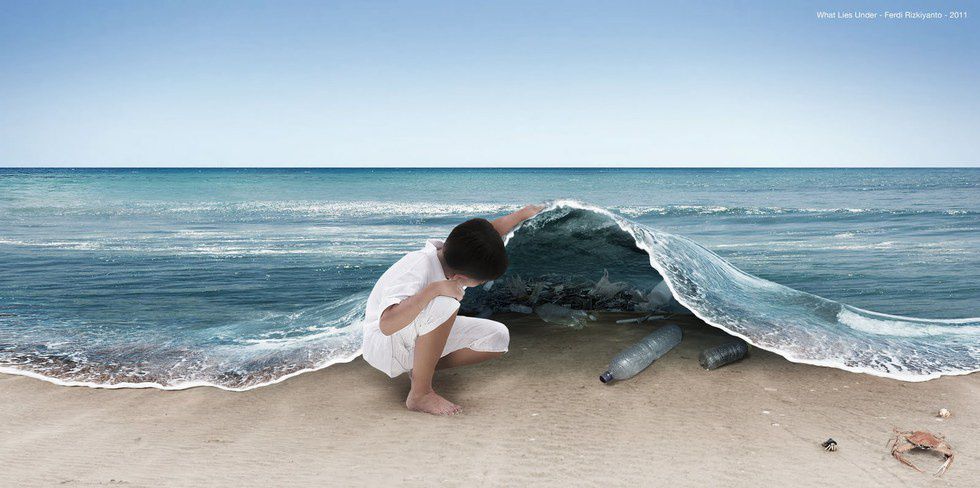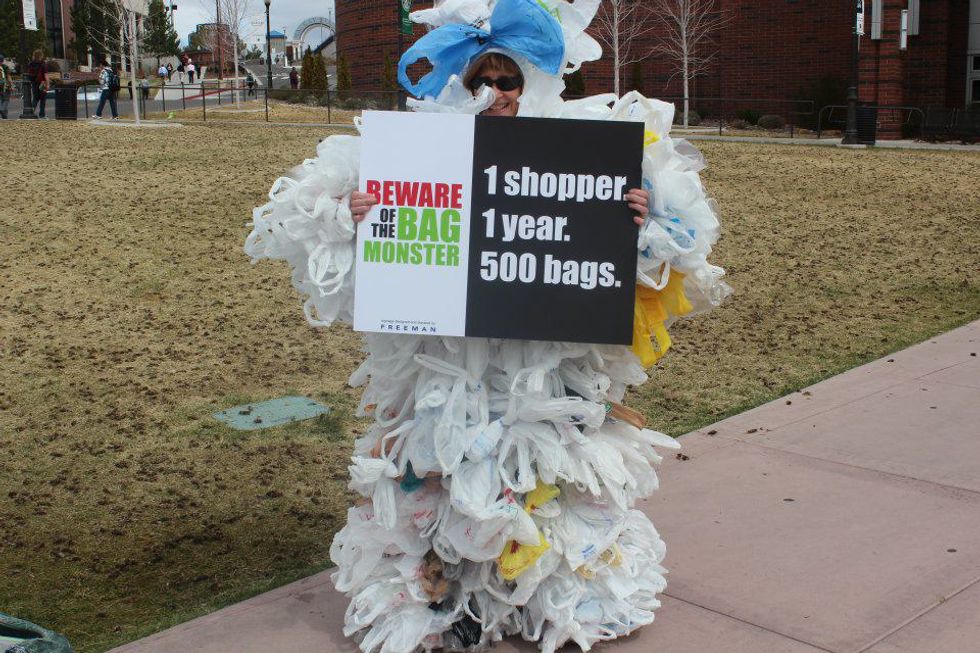Of all the causes we could take up in this world, from childhood obesity to fighting hunger to ending racism, plastic seems to fall low on the totem pole. Plastic is everywhere; there is hardly anything we do that doesn’t touch or use the substance. It appears to be an insurmountable task, and one less important than many other issues we face in our world today.
There are many reasons that consuming much less plastic, bringing awareness to its harmful effects and lobbying for greater efforts to be taken against the billions of tons of it produced every year should be a higher priority.
The detrimental effects of plastic range from causing puberty earlier in children due to a dangerous, endocrine-disrupter chemical BPA that is found in most plastic, to completely destroying our oceans and killing marine life. Saving our oceans has turned into a hippie mantra that many people ignore, but it is essential to the future of our world and something we should not take lightly. Most of the oxygen we breathe is from the oceans, and the coral reefs found it in give food for millions, medicines (even one that helps cure childhood leukemia) and protects coasts from erosion. Thousands of tons of plastic fishing nets destroy these coral reefs, entangle and kill innocent marine life and harm the important ocean ecosystem. From the Great Pacific Garbage Patch, a patch of plastic debris twice the size of Texas floating in the ocean, to the plastic-filled shores of Hawaii, plastic is a huge issue for all of us and the future of our world. Here are some ways to use less plastic and make a stand in your own life.
1. Use a reusable cup at coffee shops
At Starbucks, they actually give discounts for customers who bring in their own cup for their coffee of choice. Whether you're getting a smoothie, tea or a Frappuchino, purchase a reusable cup to get it in. You'll save literally thousands of plastic cups a year, and the more consumers who do it, the more companies will begin to take note and change their habits.
2. Stop using straws
You don't have to use a straw. Straws are one of the top ten items found on beaches and are especially harmful to animals. Just sip out of the cup and save some wildlife. If you must use a straw, purchase a metal, reusable one.
3. Refuse plastic bags
Though convenient, these plastic bags are where some of the most plastic use comes from in the U.S. The average American uses 500-700 plastic bags annually. If we took all the plastic bags used in the world annually, it would stretch around the equator several hundred times. That's just one year, and those bags never go away. Instead of using plastic bags, use the totes that you can use over and over again, or, if you have just a few items, carry them by hand.
4. Use matches
Lighters are found on beaches all over the world. If you prefer using a lighter to matches, purchase a refillable metal lighter.
5. Bring your own to-go container
If you're getting take-out or know that you'll have leftovers, bring your own Tupperware that you'll use over and over again anyway.
6. Stop drinking water bottles
This is a big one. There are hundreds of other water bottles to choose from that aren't just used once and then thrown away. I promise the water in your water bottle is no better than the water out of your refrigerator or the water fountain. This is such an essential part of not using so much plastic.
7. Drink out of glass jars
Some of my friends do this, and it's pretty cool. No matter what they get in a glass jar, they wash it and then use it to drink out of so they never have to use plastic cups. Plus, it's just pretty cool to drink out of glass jars.
8. Use a razor with reusable blades
Instead of buying the plastic, disposable razors, use the ones that you keep forever and just purchase new blades every now and then. Not only does it cut back on plastic, they actually work better too.
9. Pack your lunch in reusable containers
Instead of plastic baggies that you throw away after one use, use a sandwich container or metal container that you can reuse every day.
10. Avoid products with unnecessary packaging
Frozen foods are especially bad because they are all plastic. I love frozen food as much as the next college student, so this one is especially sad for me, but there are foods that use packaging other than plastic that can be just as good. Maybe frozen foods are incredibly convenient, but they are also incredibly harmful.
11. Buy in bulk
Often the things in bulk are cardboard and not in individual, plastic packaging. Not only does this help save the environment, it'll save you money!
12. Shop at your local farmer's market
Like the one on Southeastern's campus this semester! Southeastern has two farmer's markets every semester (March 23 and April 20 from 10 a.m. - 2 p.m.) so be sure to go and shop locally.
No matter where you live, there is probably a local farmer's market where you can go and purchase foods that are not in plastic packaging and in non-plastic bags. Many times they are waste free zones, and they are always organic and just plain amazing.
13. Don't Believe "Green" Labels
Even though it has the color green on it, it probably isn't truly good for the environment. Just because something is 30 percent "recycled" materials does not make it okay or better to use. Even if it is 30 percent recycled, 70 percent of it is brand new plastic that had to be made somewhere and has to go somewhere when you're finished with it. Companies are smart and know consumers want to be more eco-friendly, so many use something called "green-washing," a term marketers use for things that appear to be green but in all reality aren't any better than regular products. It is better to cut plastic off at the source and try to stop using it.
14. Use cloths instead of plastic scrubbers
You can use a copper scrubber or cotton dishcloths instead of the plastic kind. Also be sure to use a washcloth instead of throwaway wipes when you wash your face at night.
15. Clean with homemade cleaners
From vinegar to baking soda to other homemade cleaners, you can save on so many plastic bottles by making your own cleaners. Not only will you be saving plastic, but you'll also cut down on chemicals surrounding you and your family. You can even make your own deodorant and shampoos, all of which would save on plastic containers and chemicals.


